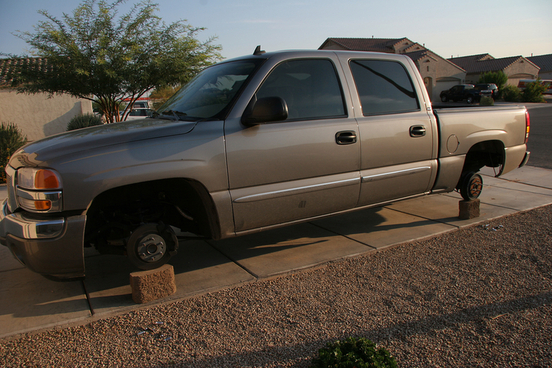Decontent [verb]: To remove content or features
If you'd rather avoid it: Pare
The internet age has brought new meanings to established words like mouse, cookie, and lurk, but the real workhorse words used to describe online activity are the ones that have kept their essential meanings but are now used in web-specific ways: browse, click, and especially content.
Content has come to mean everything from breaking news to cat GIFs online—a term so general that it’s defined as “the principal substance” of a web page in the dictionary. Such broad and ubiquitous use of this noun seems like an open invitation for it to become verbed. Sure enough, there is some evidence of this use, but it’s far from mainstream as yet. In fact, content as a verb seems to be taking a discreet back door into the language by being used frequently in a negative form as decontent (meaning “to remove content”). In addition to the online virtual world, the word decontent shows up in the lexicon of service industry personnel, hospitality options, and automobile features:
Familiar examples of this strategy in action are gas stations and retailers that have de-contented their labor models at the point of transaction to offer self-service and, in the case of gas stations, even some share in the cost savings.
—“Edge Strategy: A New Mindset for Profitable Growth,” Alan Lewis, Dan McKone, Harvard Business Review Press, 2016
One of the hottest trends taking hold as a result is 'decontenting'. Here are the pros and cons of this new hotel trend to reduce pricing by allowing guests to opt out of certain services.
—“The Pros and Cons of Decontenting,” Hospitality Marketing, Sherry Cummins, 4 November 2013
Much tut-tutting was heard from public relations types belittling Nissan’s decontenting strategy and decrying Nissan’s price shopping as both market-destroying and self-inflicted profit-bashing (essentially, all far and wide wondered how the Japanese company could generate a profit with such a bargain-basement price point).
—First Drive: 2015 Toyota Yaris, driving.ca, David Booth, 13 August 2014
Here's my understanding of the term "decontented." It's when a car company takes away features from a car and the price stays the same.
—“What "Decontented" is…and What it Isn't,” forums.motortrend.com, 11 March 2011
In another context, decontent is used to refer to “remove content” in a print newspaper—again, a surprising twist away from the online world:
…hedge funds have never had anything like a commitment to the communities served by the papers they own. Their sole purpose is Return On Investment, and in a distressed business climate acceptable returns are possible only by the kind of de-contenting and denuding the PiPress has been subjected to now for over a decade.
—“On 'harvesting' the Pioneer Press,” Brian Lambert, minnpost.com, 12 May 2016
And here in the very general concrete meaning of “remove the contents of”:
Unlike the hunter/killer subs most commonly found as museum ships, the Redoutable is a missile boat, a boomer, its main purpose to hide quietly as a silent threat of nuclear annihilation. After an extensive refurbishing (and some serious, let's say, "decontenting"), the Redoutable is open to the public.
—“A tour of the ballistic missile nuclear submarine Redoutable,” Geoffrey Morrison, CNET, 26 June 2014





















